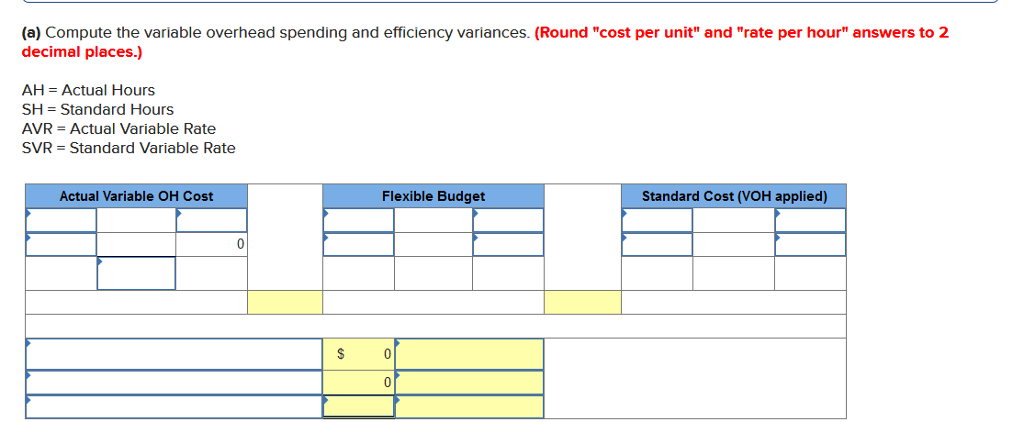Hrs Answers

HR Support Center Our solution starts here. Get a branded website, handbook builder, and more. Answers.com is the place to go to get the answers you need and to ask the questions you want.

The amount of sleep you need depends on various factors — especially your age. While sleep needs vary significantly among individuals, consider these general guidelines for different age groups: Age group Recommended amount of sleep Newborns 14 to 17 hours a day 12 months About 10 hours at night, plus 4 hours of naps 2 years About 11 to 12 hours at night, plus a 1- to 2-hour afternoon nap 3 to 5 years 10 to 13 hours 6 to 13 years 9 to 11 hours 14 to 17 years 8 to 10 hours Adults 7 to 9 hours In addition to age, other factors can affect how many hours of sleep you need.
HR Answers Now. Internet Explorer 8 Windows Xp Pro. HRAnswersNow™ is one of the many benefits of membership. Please log in for access to our online resources. Not a Member of The Employers.
Changes in the body during early pregnancy can increase the need for sleep. Older adults need about the same amount of sleep as younger adults. As you get older, however, your sleeping patterns might change. Older adults tend to sleep more lightly and for shorter time spans than do younger adults. • Previous sleep deprivation. If you're sleep deprived, the amount of sleep you need increases. • Sleep quality.
If your sleep is frequently interrupted, you're not getting quality sleep. The quality of your sleep is just as important as the quantity.
Some people claim to feel rested on just a few hours of sleep a night, but their performance is likely affected. Research shows that people who sleep so little over many nights don't perform as well on complex mental tasks as do people who get closer to seven hours of sleep a night. • Brain basics: Understanding sleep. National Institute of Neurological Disorders and Stroke. Maxwell Sv Software Engineering. Accessed Feb.
• Berkowitz CD. Normal patterns and common disorders. In: Berkowitz's Pediatrics: A Primary Care Approach. Elk Grove Village, Ill.: American Academy of Pediatrics; 2014. • Banks S, et al.
Behavioral and physiological consequences of sleep restriction. Journal of Clinical Sleep Medicine.
• Cirelli C, et al. Sleep insufficiency: Definition, consequences, and management. Accessed Feb. • Watson NJ, et al. Recommended amount of sleep for a healthy adult: A joint consensus statement of the American Academy of Sleep Medicine and Sleep Research Society. Journal of Clinical Sleep Medicine.